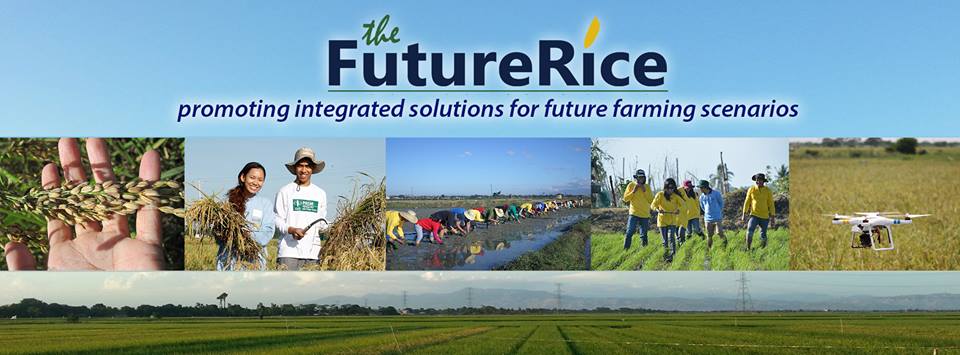The conference was participated by some
of the country’s successful agritourism farms such as the Costales Nature Farm
in Majayjay, Laguna; the ACES Natural Farming Institute in Panabo, Davao; the
Leoni Agri Corporation (LAC) in Nueva Ecija;
the Duran Farm in Bulacan; and the Rosa Farms in San Marcelino, Zambales
– among others.
Participants from the academe, Department
of Agriculture offices, private sector, including farmers’ organizations, and
policy makers also attended the event.
Hon. Sharon S. Garin, representative of
the AAMBIS-OWA Party List – presented the HB 3745 Farm Tourism Act, which
provides the development and promotion of farm tourism in the Philippines. The
bill is fully supported by the Department of Agriculture, and the Agricultural
Training Institute (ATI). Senator Cynthia Villar also graced the occasion on
the closing of the conference, commending the efforts of the pioneering
agritourism farms of the Philippines.
APO director Joselito C. Bernardo gave
some bright prospects for agritourism in the Philippines – citing the
successful agritourism ventures of Japan, Taiwan, Indonesia and Malaysia. Agritourism, he said, may well be the vehicle
to transform the rural areas into vibrant tourism destinations that promote
agriculture products, as well as farm experience, education, culture, and
protection of the environment.
Dr. Therdchai Choibamroon, Associate
Profession, Tourism Development and Management
Dean, Director of PhD program,
Integrated Tourism Management presented a framework for agritourism development
– emphasizing the need to identify a unique selling point of the farm, which
may not always be a tangible product, but more of the intangibles, such as farm
experience, relaxation, spiritual upliftment, educational and cultural value,
and interaction with the rural folks. He
also presented several marketing strategies for agritourism, as well as the
important of R&D in analyzing potential customers, their needs,
competition, the branding, and messaging in order to effectively position your
farm or agritourism product in the mind of the local and international
tourists.
Other policy makers from the Department
of Tourism also presented the legal requirements for accreditation as
agritourism farm.
The conference was managed by the group
of Mr. Arnel Abanto, Vice President, Center for Quality and Competitiveness at
the DAP, with the assistance of Ms. Nica Saliendres and Ms. Christian Eparwa.
Writer: Roger F. Barroga
Visit and like our Facebook page @ https://www.facebook.com/FutureRice






